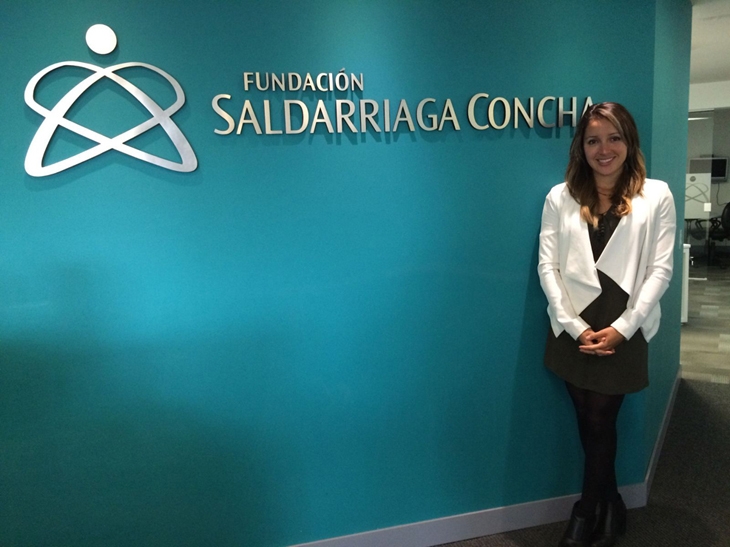GHLI Forum for Change: Children & familes in fragile contexts - Colombia
Introduction
Yale Global Health Leadership Institute (GHLI) Forum for Change in Colombia ECD Initiatives Based on the ongoing work of Angelica Ponguta, Ph.D., M.P.H., associate research scientist in the Yale Child Study Center, with the Fundacion Saldarriaga Concha in Bogota, Colombia, that utilized the Ecology of Peace Framework to mobilize national funding for early childhood, the GHLI sent Yale student, Chanel Marin, to Colombia in the summer of 2015. Chanel spent eight weeks in-country including preparatory work prior to her travel. The work focused on children and families living in fragile contexts such as those affected by chronic poverty, internal displacement, natural disasters, violence, food insecurity, and other risk factors for poor child development. This opportunity allowed Charin to engage with multiple actors from the private and public sectors as well as contribute to the formulation of a mid- to long-term policy, program, and/or research agendas in the country.
In the blog below, Dr. Ponguta asks Chanel three questions pertaining to her summer exchange experience in relationship to peace building through early childhood development.
Q1. What were the goals and main accomplishments of your summer experience, as they relate to enhancing your understanding and practice of peace building through ECD?
Chanel: The goal of the internship was to support the generation of a qualitative and quantitative data protocol to inform the development of the program and assess the impact of the intervention. As such, I contributed to the design and conduction of key informant interviews and focus group discussions with government stakeholders, ECD educators, and child caregivers/parents. My final deliverable for the project was a thematic analysis of the interviews and focus group discussions to guide the development of the intervention. The development and implementation of the interviews and focus group discussions provided valuable insight into exposure to armed conflict in communities of interest and the perceptions and practices surrounding ECD programming. From these qualitative measures, I learned the importance of investing in peace building in ECD not only in communities affected by armed conflict, but also in urban communities affected by community violence.
Q2. Why do you think governments should invest in ECD as a pathway to peace building?
Chanel: Early childhood marks a critical period of human development that requires strategies to build resiliency and navigate hardships. Investing in early childhood provides children with the skills necessary to mitigate challenges in later life, and creates the possibility of breaking the cycle of intergenerational violence before it begins.
Q3. How do you see yourself contributing or leading the ECD and peace building agenda in the future?
Chanel:This internship was a stepping-stone to what I hope is a career dedicated to building peace in communities affected by armed conflict. Ultimately, I hope to work globally with populations affected and displaced by violent conflict, with a particular focus on children in these fragile contexts. I would like to develop, implement, and evaluate public health programs to protect children in conflict settings.
JOIN THE CONVERSATION
For breaking news and to stay connected, follow us on social media. Sign up to get our E-News delivered straight to your inbox.


